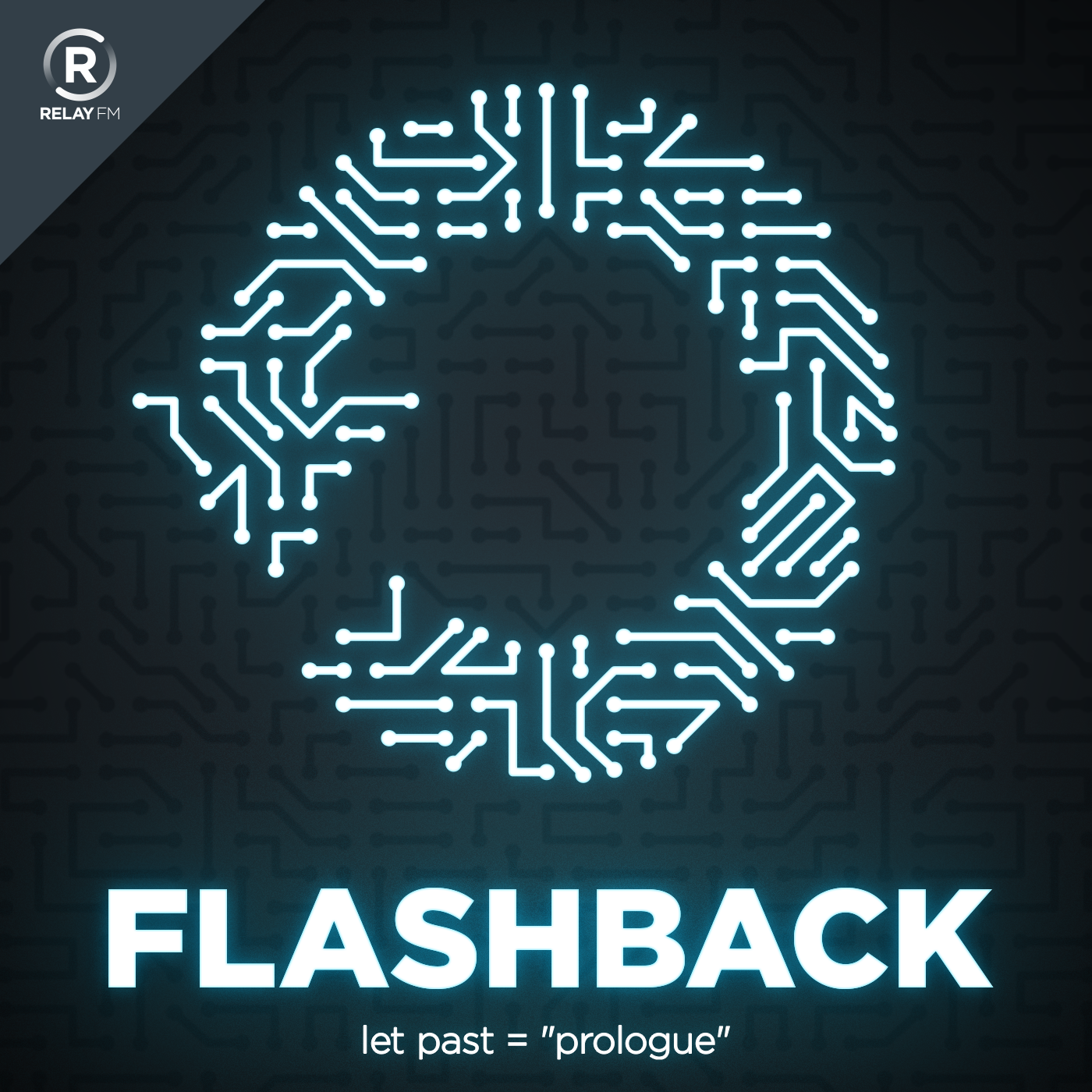Great concept, so-so execution
☆
☆
☆
☆
☆
“I love the concept of this show, and do find it enjoyable overall. The hosts have a lot of energy and their choices of topics is solid. However, in every episode I’ve listened to so far, they simply lack enough information about the given topic to have the meaningful insights that I suspect most people listening to this type of show probably want. I don’t expect _insanely_ deep-dives, but in many cases the insights provided are little more than “I skimmed the Wikipedia article; now let me tell you about it”. It’s enough to whet your appetite about a particular topic and set you off to do your own research, sure, but I personally want more than that.
Yes, BeOS failed, but why was it interesting in the first place? It wasn’t simply “it played media well” — when you ran it on then-current Mac hardware, you really saw the differences between the hardware capabilities and the software capabilities first-hand in a way you simply hadn’t before. This was an era where Finder copies could block the whole machine and MP3s would skip when you clicked in the menu bar, yet BeOS could boot in seconds, play multiple MP3s at once, copy [n] files in parallel, and so forth. Sure, the OS was nowhere near as complete as Mac OS and was really only for hobbyists, but as a proof of concept to say “here is what modern OS unpinnings can do on this hardware”, it was fairly amazing, and it had a “cuteness” and a “kinda sorta like the Mac” UI that differentiated it in that community compared with, say, Linux, Windows, or OS/2, which had the more modern OS features but didn’t appeal to Mac users. This is all somewhat touched on in the episode, but they missed the real “meat” of the topic.
In the episode on AOL Instant Messenger, the hosts do a fine job ascribing the importance of AIM and some of its various features such as away messages and profiles. And they admittedly do talk about how it essentially set the user experience standard for messaging platforms to come, which is great. But how can you meaningfully have a conversation about internet chat without even mentioning ICQ — which totally dominated in the years before AIM — and how AIM joined later and basically eradicated it? Buddy lists weren’t particularly novel; what was novel is that ICQ and predecessors, much like email, were fundamentally designed around the message as the atom: “they send you a message, and you can reply back”. In AIM, it was about the conversation. In other platforms, you basically had to pre-announce that you wanted to have a longer conversation, which has often-undesirable social implications. By contrast, the design of AIM’s conversations view worked well for single messages, but also provided the possibility of a long conversation organically developing. This was critical, but mostly overlooked in terms of what it brought to the space, and how it still influences well beyond “you have a buddy list and a chat window”.
I’ll keep listening, but it’s shame that this show isn’t achieving more than “well, there are probably a million better resources to learn about any of these topics, but at least this one is convenient to listen to in my car, and if one episode piques my interest, I can at least look it up later”.”
Gilligan887 via Apple Podcasts ·
United States of America ·
10/13/21
More reviews of Flashback
☆
☆
☆
☆
☆
“I never listen to Podcasts, this collection has changed my mind.”
MEJHENSON via Apple Podcasts ·
Great Britain ·
03/19/20
☆
☆
☆
☆
☆
“I am beyond excited to have a new place to hear Quinn Nelson. Also, with Hackett being just a little bit a bit of an Apple fanboi, it will be cool to have a rational person like Quinn in the studio with him to maybe gently push back sometimes on his most egregious Apple apologism.
Congrats to...”Read full review »
dgp1 via Apple Podcasts ·
United States of America ·
02/19/20
☆
☆
☆
☆
☆
“Interesting content, great hosts, just wish it came out more often. Need a Pebble episode!”
_GABO_ via Apple Podcasts ·
United States of America ·
05/03/20
Do you host a podcast?
Track your ranks and reviews from Spotify, Apple Podcasts and more.
See hourly chart positions and more than 30 days of history.
Get Chartable Analytics »
See hourly chart positions and more than 30 days of history.


